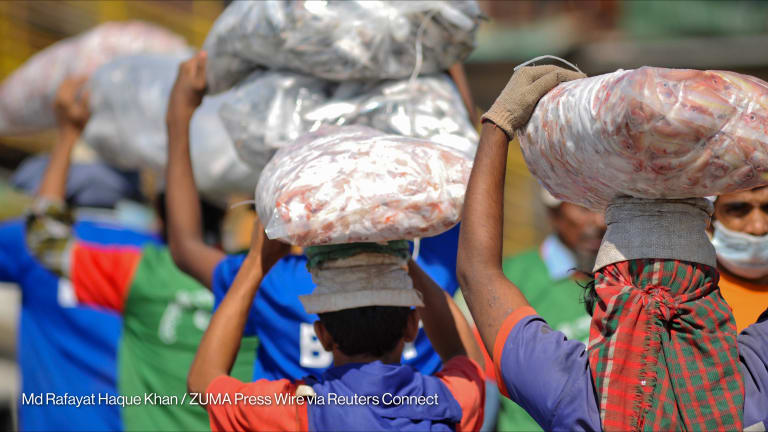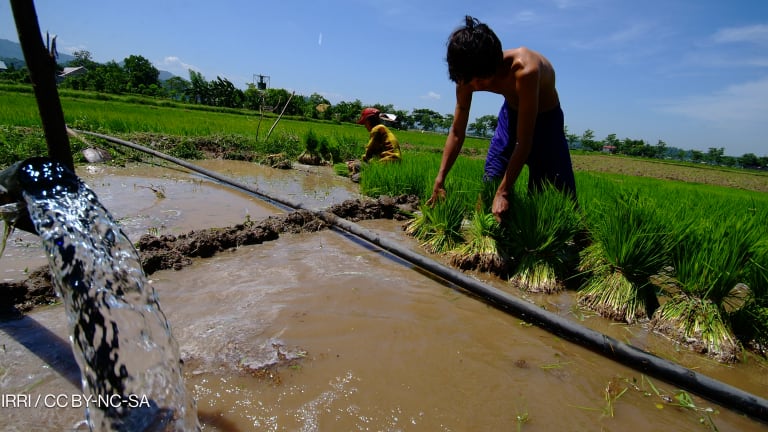
How can Pakistan and its partner donor organizations boost local economic development while contributing to global security? They should consider giving small plots of land to the country’s landless rural poor, one development expert suggests.
“Islamabad and the provinces, with the support of the international community, should embrace giving microplots to the landless to ensure that the laborers who didn’t drown in their landlord’s fields are afforded a chance to build better lives for themselves, creating greater stability in Pakistan, and in turn furthering global security,” Roy Prosterman, founder and chair emeritus of the Rural Development Institute, argues in the Christian Science Monitor.
Prosterman explains that the landless poor in Pakistan do not have a “meaningful stake in rural society.” The Taliban usually steps in and use the poor’s grievances as motivations for recruitment, he adds.
In Pakistan, and other countries, landless rural poor are often mistreated by landowners and usually support civil unrest and revolution as a result, Prosterman adds.
Pakistan can learn from a land distribution model that have been implemented in India for the past couple of years, he says. India’s central and state governments have provided cost-free ownership of small land plots to landless poor families.
“The house-and-garden small-plot model reduces the amount of land required, allowing the government to acquire the land voluntarily, at market price, or use underutilized public land,” Prosterman explains.
He points out that the plots are ideal for growing vegetable crops, which could be harvested earlier than new grain crops planted on large fields around the country.








